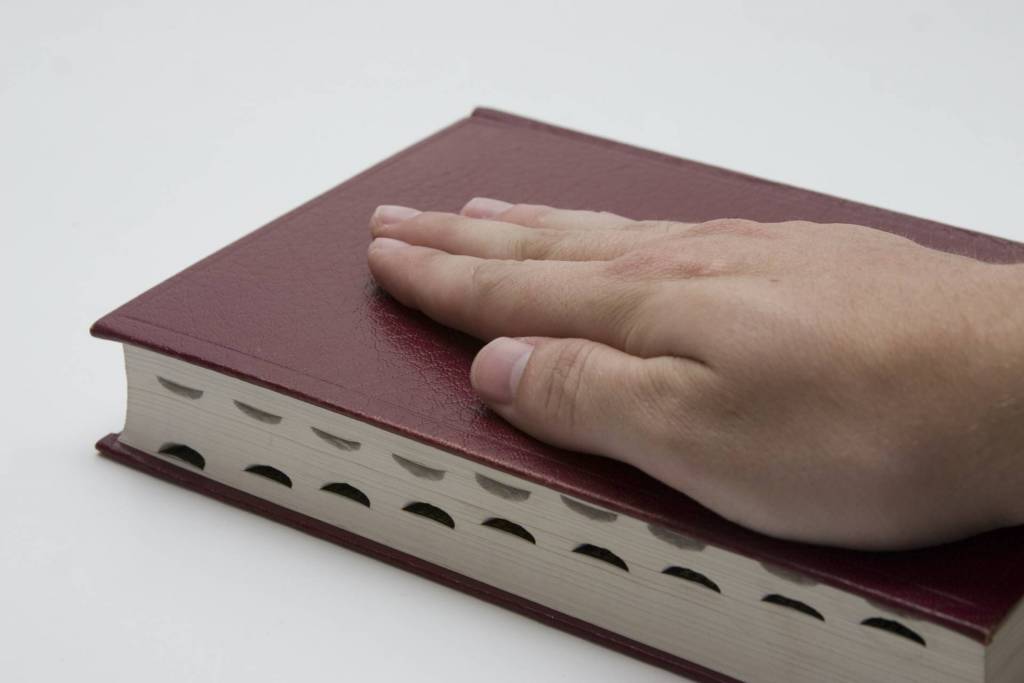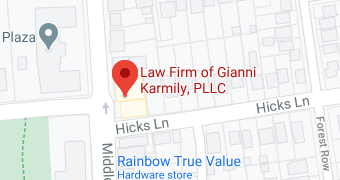If you’re charged with a felony on Long Island or in New York City, your freedom and your future will be at stake. You must be advised and represented by a Nassau County felony attorney, and you must contact that attorney as quickly as possible.
Criminal defendants who are charged with felonies in New York are prosecuted aggressively, and the consequences of a felony conviction can be quite serious. A felony conviction in New York can send you to prison, in some cases, for many years.
After you have served your sentence, how will a felony conviction affect your rights? Will you be allowed to vote, serve on a jury, or own a firearm? If you’ll continue reading this discussion of your legal rights after a felony conviction, you will find some of the answers you may need.
How Are Felonies Categorized in New York?
New York categorizes felonies into five “classes” – Class A, B, C, D, and E. Class A felonies are the most serious, such as first-degree murder. In some states, the crimes that are Class A felonies in New York are capital crimes, although New York abolished the death penalty in 2004.
Class B felonies are serious offenses that are not considered capital crimes in other states. Class B felonies in New York include manslaughter, rape, armed robbery, first-degree assault, and certain drug trafficking crimes.
Class C and Class D felonies in New York are the lesser felony categories that include fraud, a number of drug crimes, and various types of theft and robbery. A Class E felony is the lowest felony charge and is used for felonies that do not warrant a more serious charge.
What Rights Do You Lose After a Felony Conviction?
When you are convicted of a felony in the State of New York, you lose a number of your legal rights and privileges including:
- your right to vote if you are still incarcerated
- your right to use, purchase, or possess a firearm
- your right to serve on a jury
- your eligibility for federally-funded housing
- in some cases, your driving privileges
Along with fines, jail or prison time, and the loss of your voting and firearm rights, a felony conviction also entails “extra-legal” consequences. A felony conviction often makes it difficult to find a job or housing, obtain a loan, or gain acceptance to certain colleges and universities.
If you hold a professional license in this state, a conviction for a felony will prompt disciplinary action by your professional licensing board. If you are not a United States citizen, a conviction for a felony in New York may trigger a deportation proceeding.
What Should You Do if You Are Facing a Felony Charge?
Every felony charge on Long Island should be investigated and scrutinized by a Long Island felony lawyer. Felonies often present difficult challenges for the defense at a trial. For example, juries are more likely to convict a felony defendant when a victim has been physically injured.
The first step you must take after any arrest is to contact and speak with a Nassau County felony lawyer as quickly as you can. Do not answer any questions the police may ask – you have the right to remain silent – and do not agree to any plea deal until you’ve consulted your attorney.
Can Felony Charges Be Dismissed?
Can a felony charge be dropped or dismissed? A lawyer’s usual first step is seeking to have the charge against you dropped or dismissed, but felony charges are typically only dismissed if a police officer has violated a suspect’s rights during a search, interrogation, or arrest.
If you’re charged with a felony, and you are maintaining your innocence, do not plead guilty. Insist on your right to a trial by jury. At your trial, your Nassau County felony attorney will use whatever legal tools are appropriate to persuade the jurors to find you not guilty.
What is a Defense Lawyer’s Role in a Felony Trial?
The quicker you contact a lawyer, the more time your lawyer will have to review the case and develop an appropriate defense strategy. A prosecutor will go to work on your case as soon as you’re charged, so you must retain a defense attorney immediately.
At felony hearings, defense attorneys seek to suppress illegally seized evidence. At felony trials, defense attorneys present exculpatory evidence, challenge unreliable witnesses, and offer aggressive, effective defense representation. Your attorney’s job is to create reasonable doubt regarding your guilt in the minds of the jurors.
Every felony defendant is presumed innocent until and unless the state can prove guilt beyond a reasonable doubt, but if you’re charged with a felony, you cannot afford to be defended by an inexperienced lawyer. Every felony defendant needs a good defense attorney’s advice and representation.
What Are the Defenses Against a Felony Charge?
Your attorney’s strategy will hinge on the details of your case. Sometimes, the key to winning is to find and interrogate any witnesses at once. Their statements may contradict the charges against you. Your lawyer may then gather evidence that supports those witness statements.
If your felony case goes to trial, your Nassau County felony lawyer may offer the jurors one of these defenses:
- You were acting in self-defense or in the defense of someone else.
- You had no criminal intent or your actions were in no way intentional.
- Another person perpetrated the crime, and you’ve been misidentified.
- No crime took place, and the allegation against you has been fabricated.
To schedule a confidential case evaluation with the Law Firm of Gianni Karmily, PLLC, call our Great Neck office at (516) 630-3405 or our Hempstead office at (516) 614-4228.












